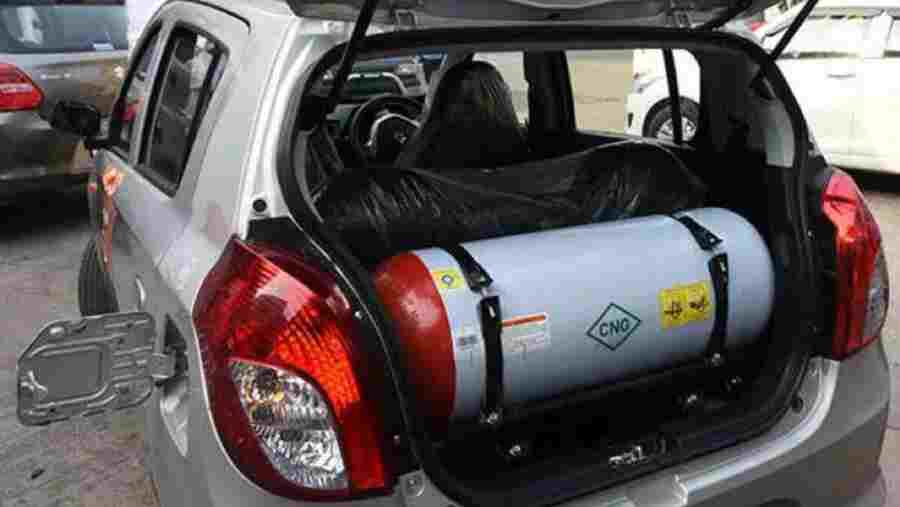The founder of Nicakelv International Limited, an automobile importation and sales company, Kelvin Lawson, has stated that Nigeria is not ready for Compressed Natural Gas (CNG) as a viable power source for vehicles.
The administration of President Bola Tinubu approved the establishment of Presidential CNG Initiative (Pi-CNG) on August 18, 2023.
CNG is currently a cheaper alternative following the removal of the fuel subsidy in May 2023. The Pi-CNG has embarked on an aggressive campaign to encourage Nigerian vehicle owners to transition from petrol to CNG.
However, Lawson, in an interview published by TheCable, said Nigeria’s system “is not right for CNG cars” due to the dangers associated with the technology.
Recall that on October 17, 2024, several people were injured when a CNG-powered car exploded at NIPCO filling station in Aduwawa area of Benin-City, Edo State.
The Lagos-based dealer, who described CNG as risky for Nigeria’s weather, questioned: “When you have to build something you put in your boot for gas while you are driving, do you imagine the risk?”
According to him, it is dangerous to have a CNG cylinder in the car boot as vehicles heat up while being driven.
Mr. Lawson, who also commented on the harsh economic policies of the APC-led government and why majority of Nigerians can no longer afford to own a car, stated that the country needs to implement precautionary measures before adopting CNG, adding that it might be feasible in the future.
Speaking on the use of electric cars as an alternative to petrol-powered vehicles, the CEO of Nicakelv International Limited said a country that wants to adopt electric cars must first resolve its power supply issues.
“How many times have we had the national grid shut down this year? If the national grid shuts down and you are driving an electric car, what happens to that car?” he asked.
He narrated the ordeal of one of his colleagues whose electric car ran out of power. He said his colleague struggled to find a place to recharge the car and was unable to push it.
According to Lawson, electric cars pose significant challenges in Nigeria, where power supply is unstable. “If there is no electricity to charge where the car stopped, and while you are looking for energy to charge, what if LASMA comes to take the car off because you are blocking the road?”
Social media has documented instances of Nigerians whose electric cars stalled on Lagos’s busy roads, requiring towing vehicles to remove them from blocking the roads.


